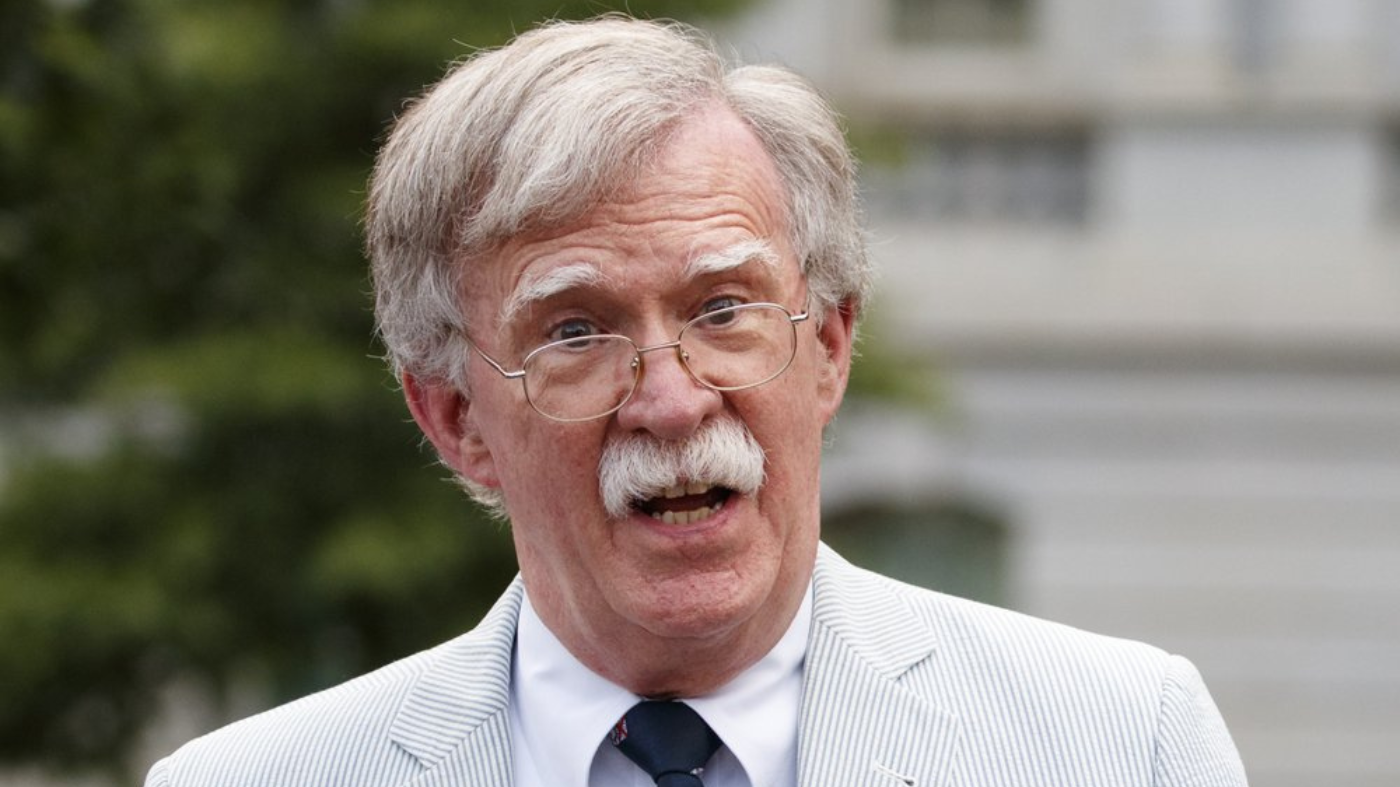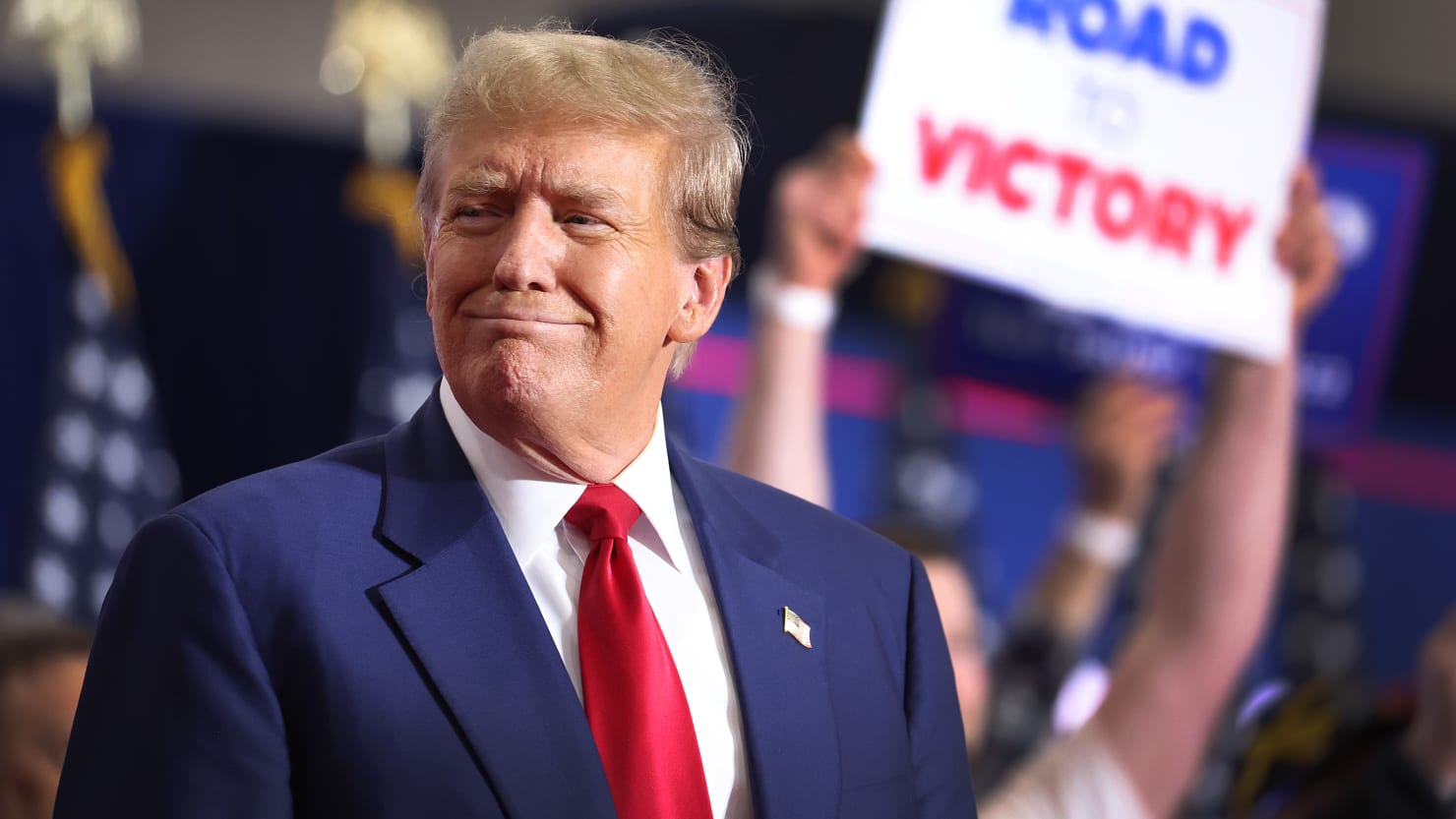John Bolton, the ex-national security adviser under Donald Trump’s administration, who has since distanced himself from the former president’s bid for re-election, raised concerns on Wednesday regarding Trump’s propensity for distraction. Bolton pointed to Trump’s notorious “short attention span,” implying that in a potential second term, new advisers might resort to diverting his focus to prevent him from withdrawing the United States from NATO.
Trump’s disdain for the NATO alliance, established post-World War II, was evident during a campaign event in South Carolina in February. He expressed a willingness to “encourage [Russia] to do whatever they want” to NATO members who fail to meet their financial commitments.
A seasoned foreign policy hawk, Bolton, with experience in both the Reagan and George W. Bush administrations, cautioned against the peril of U.S. withdrawal from NATO during an appearance on the MeidasTouch network. He emphasized that if Trump were to secure re-election, such a move could occur early in his second term.

John Bolton (Credits: John Bolton)
To counteract Trump’s inclinations, Bolton proposed a strategy of distraction. Given Trump’s limited attention span, he suggested that redirecting his focus could be effective, at least temporarily, until the issue resurfaces in his mind.
Bolton portrayed this scenario as a foreboding glimpse into a potential second Trump term. He highlighted the likelihood of revisiting unfulfilled promises and tentative actions from Trump’s initial tenure.
Trump’s repeated threats to withdraw from NATO during his presidency were noted by The New York Times. Despite his consistent criticism of the multinational organization, Trump displayed reluctance to condemn Russian President Vladimir Putin, who sought to blame NATO for tensions in Ukraine.
Bolton’s advice bears resemblance to purported tactics employed by White House aides during Trump’s tenure—namely, distracting him and deferring contentious issues. Former Trump Organization executive Barbara Res described the approach to Politico in 2017, characterizing it as either persuading Trump that an idea was his own or simply disregarding his directives in hopes that he would forget them.
Echoing such observations, current and former intelligence officials disclosed to The New York Times in 2020 that Trump struggled with a short attention span and had difficulty engaging with U.S. intelligence reports, although he showed a preference for reports supplemented with visual aids.























